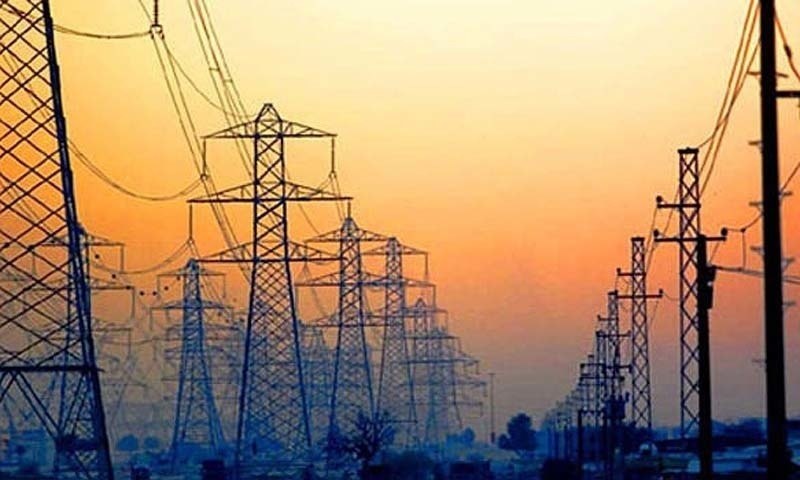Mohsin Siddiqui (Chief Reporter)
The Senate Standing Committee on Power has taken decisive action to address Pakistan’s ongoing energy crisis. Chaired by Senator Mohsin Aziz, the committee has requested comprehensive details on Independent Power Producers (IPPs) agreements since 1994. This move aims to scrutinize the agreements and understand their impact on the country’s power sector.
The committee held its maiden meeting on July 12, 2024, with the approved minutes released on August 1, 2024. During the meeting, the Power Division was instructed to share the requisite information with the Committee Secretariat before the next session. Despite being scheduled twice, subsequent meetings were canceled due to unavoidable circumstances and delays in issuing approved minutes.
Senator Mohsin Aziz highlighted the severe issues plaguing Pakistan’s power sector, including load-shedding, excessive billing, high tariff rates, electricity theft, idle capacity payments, line losses, and overall mismanagement. He stated that these problems have made life miserable for ordinary citizens, emphasizing that the power sector’s inefficiency has become a matter of national security.
Aziz pointed out that electricity is a basic necessity, and its high costs have become unaffordable for the average Pakistani, leading to widespread frustration. He noted that even the middle and upper-middle classes struggle to pay their electricity bills. The high rates have also made local industries uncompetitive both domestically and globally, posing a serious threat to Pakistan’s economic stability.
The committee is particularly concerned about the unfavorable terms of IPP agreements, which Senator Aziz believes are significantly impacting the people of Pakistan. He assured that the committee would continuously review these agreements and, if necessary, form a sub-committee dedicated to this task. Aziz stressed that his primary goal is to run the committee with consensus and mutual respect, without any vested interests.
During the meeting, Senator Shibli Faraz raised concerns about the non-appointment of a regular Managing Director for the National Transmission and Despatch Company (NTDC). The Minister for Power admitted that the process had been delayed due to court cases but assured that the appointment would be finalized within a month. The Minister acknowledged that NTDC is the weakest link in the power sector and needs restructuring. A report is being finalized to divide the planning and operations/maintenance functions of NTDC as directed by the Prime Minister.
The Minister for Power revealed that the Ministry has identified 23 fault lines within the power sector, which will be shared with the committee along with a proposed way forward. He admitted that Pakistan has not planned effectively for power demand, leading to a mismatch between capacity and actual consumption. The country established a system capable of producing 40,000 MW, but winter demand ranges between 8,000-12,000 MW. Additionally, the rupee devaluation has significantly increased capacity payments.
Senator Shibli Faraz emphasized the need for better planning to avoid future disasters in the power sector. He highlighted that the lack of foresight in the past has left Pakistan’s power sector in disarray. Faraz also mentioned that the pension fund and power sector issues are critical challenges that need urgent attention to prevent further financial strain on the nation.
Chairman Aziz noted that when there is an interruption in electricity supply, the sudden spike in demand when power is restored increases the Maximum Demand Indicator (MDI) for industrial consumers. The distribution companies then calculate the MDI based on this spike, leading to higher costs for industries. The Secretary of Power acknowledged this issue and promised to present a solution or formula to the committee.




